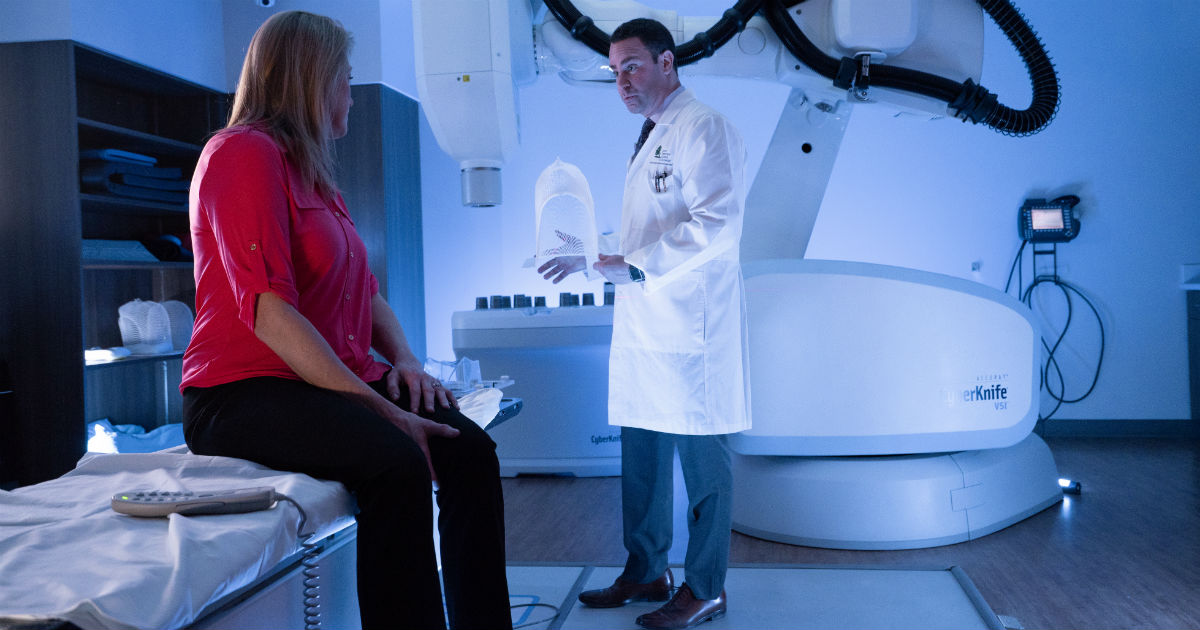Exposure to radiation can be frightening and drastically alter one’s life. The effects of radiation exposure can be difficult, whether they arise from a medical procedure, a workplace hazard, or an unplanned mishap. However, it’s crucial to understand that healing and hope are not only feasible but also at the center of the medical services offered to individuals who have been harmed.
We’ll explain the many medical treatments and options available to those dealing with the effects of radiation exposure in this guide. From diagnosis and treatment to support and recovery, the journey towards healing combines the expertise of dedicated medical professionals with the resilience and strength of individuals and their families.
Table of Contents
A Path to Recovery
Specialized Diagnostic Services
The path to healing begins with an accurate diagnosis. Medical professionals specializing in radiology and nuclear medicine utilize advanced imaging techniques to assess the extent of radiation exposure and its impact on the body. These diagnostic services form the foundation of personalized treatment plans.
Treatment Options
Depending on the type and severity of radiation exposure, a range of treatment options may be available. Radiation oncologists, hematologists, and medical oncologists collaborate to determine the most suitable approach. This can include radiation therapy, chemotherapy, bone marrow transplants, and other cutting-edge treatments aimed at minimizing the effects of radiation.
Comprehensive Cancer Care
For those facing radiation-induced cancers, comprehensive cancer care is a lifeline. Oncology teams consisting of different specialists work together to provide a holistic approach to cancer treatment. From surgery and chemotherapy to radiation therapy and immunotherapy, every aspect of care is addressed.
Radiation Therapy
When radiation therapy is part of the treatment plan, radiation therapists play a crucial role. Their expertise ensures that patients receive precise and accurate radiation treatment with minimal impact on healthy tissues.
Blood Disorder Management
Hematologists specialize in blood disorders and are instrumental in the management of radiation-induced conditions such as leukemia. They offer diagnosis, treatment planning, and ongoing care to promote recovery and well-being.
Symptom Management
Radiation sickness can be challenging, but medical professionals are skilled in symptom management. Medications, wound care, and infection control are essential aspects of treatment to alleviate discomfort and enhance recovery.
Supportive Care
The emotional and psychological well-being of those affected by radiation exposure is equally important. Supportive care services, including counseling, support groups, and patient education, offer individuals and their families the tools to cope with the mental and emotional challenges of the healing process.
Radiation Safety Measures
In workplaces or situations with potential radiation exposure, safety measures and guidelines are critical. Medical professionals, in collaboration with occupational health and safety experts, help design and implement strategies to minimize radiation exposure and protect workers.
In the wake of radiation exposure, it’s important to recognize that hope and healing are not just words but achievable realities. With the expertise of dedicated medical professionals at UEW Healthcare, the support of loved ones, and the strength of individuals, the journey toward recovery is a path paved with possibilities.
Although the effects of radiation exposure can have a profound impact on a person’s life, improvements in medicine, technology, and supportive care have made it possible for people to receive a wide range of medical services. These services give individuals the tools they need to face the dangers of radiation exposure with tenacity, fortitude, and the conviction that a better, healthier future is possible.

